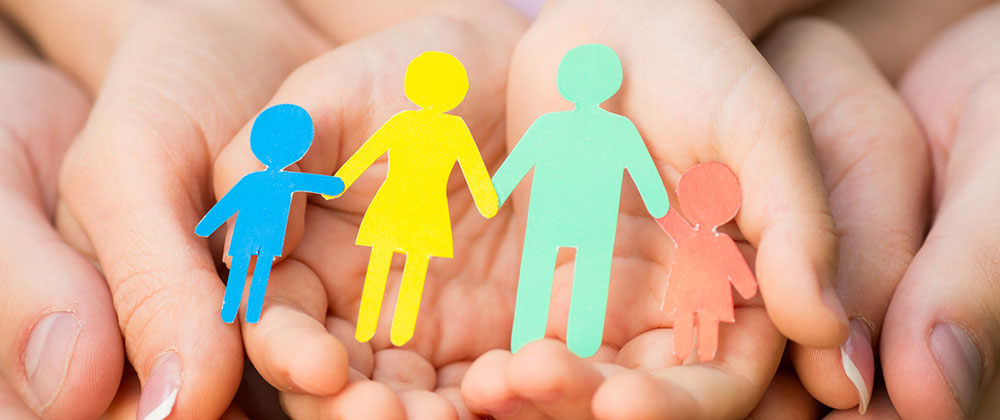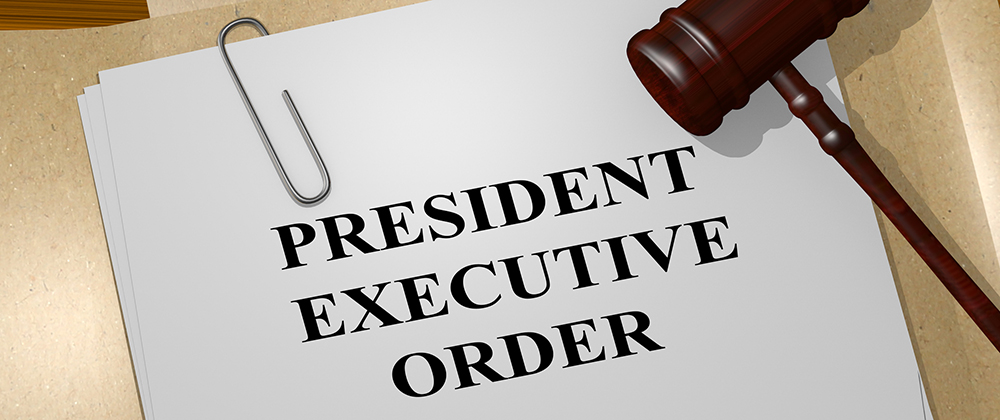Family Reunification Programs to Restart
Many people in Miami, Florida have family members who remain in Cuba or Haiti with whom they wish to reunify. However, the family reunification parole program for Cuba was halted in 2019 under former President Donald Trump, and the Haitian parole program has similarly not been functioning since the pandemic. Recently, however, President Joseph R. Biden announced during the Ninth Summit of the Americas that the expedited parole programs for both Haitian and Cuban families will resume. A Miami immigration lawyer at Pozo Goldstein can help U.S. citizens and naturalized residents with family members in Cuba or Haiti understand the process and what might be required to reunify.
The U.S. Department of Homeland Security (DHS) announced in May that the Cuban parole program will resume. However, the agency did not provide a target date at that time. Recently, DHS stated that the Cuban family parole program will restart this summer, and it anticipates increasing the participation in the Haitian program in the fall. DHS had previously announced in 2021 that the Haitian program remained even though former President Trump had ordered its termination.
Under both the Cuban and Haitian programs, U.S. residents and citizens with family members in Haiti or Cuba can bring their loved ones to the U.S. Their family members are allowed to wait in the U.S. to receive their permanent residency cards instead of remaining outside of the country while waiting. DHS’s announcement of the restart of the programs is meant to help curb the large flow of migrants from both countries who are attempting to enter the country by amassing at the Southern Border and other irregular ways.
From October 2021 to April 2022, an estimated 115,000 Cuban migrants have come to the U.S, which represents more than 1% of the island nation’s population. Since September 2021, the Biden administration has sent back more than 25,800 people from Haiti after crossing the Southern Border into the U.S. Thousands more Haitian migrants are waiting in Mexico and Central America in the hope of reaching the U.S. The U.S. Coast Guard has also reported a significant uptick in the number of Haitians trying to reach the U.S. by boat that the agency has intercepted.
The announcements of the programs’ restart occurred amid humanitarian crises in both Cuba and Haiti. DHS hopes that expanding families’ access to lawful immigration pathways might help cut down the number of people trying to enter through other means.
What Are the Parole Programs?
Both the Haitian and Cuban parole programs allow families to reunify by letting family members of U.S. residents or citizens who have already been approved for family-based immigrant visas to wait for their green cards in the U.S. instead of having to wait in Cuba or Haiti.
While Trump ordered the end of the Haitian parole program, the U.S. Citizenship and Immigration Services reversed his decision in 2021. The Haitian program became effective in 2015 under former President Obama’s administration. For the Haitian program, participation is invite-only. The USCIS’s Port-au-Prince field office was permanently closed in Dec. 2019. For the Haitian program to have a meaningful impact, it will need to be dramatically scaled up to help more than a small percentage of Haitian migrants who are trying to flee. Advocates argue that more needs to be done to make Haiti safer for its citizens so that people won’t feel the need to flee to start with. However, they also agree that DHS’s announcement that the Haitian program will restart is a welcome sign.
The USCIS’s field office in Havana has suspended its operations because of staff reductions at the U.S. Embassy. Because of the closures or suspensions of both of the field offices in Port-au-Prince and Havana, it remains unclear how quickly the programs will be able to ramp up when they restart.
Get Help From a Miami Immigration Lawyer
If you have loved ones in Cuba or Haiti and wish to apply for parole on their behalf, you should reach out to a Miami Immigration lawyer at Pozo Goldstein for help. Our experienced legal team includes former immigration prosecutors and a former judge, and we can help you to understand how these programs work and what the requirements are. Contact us today to schedule a consultation at (305) 856-0400.




